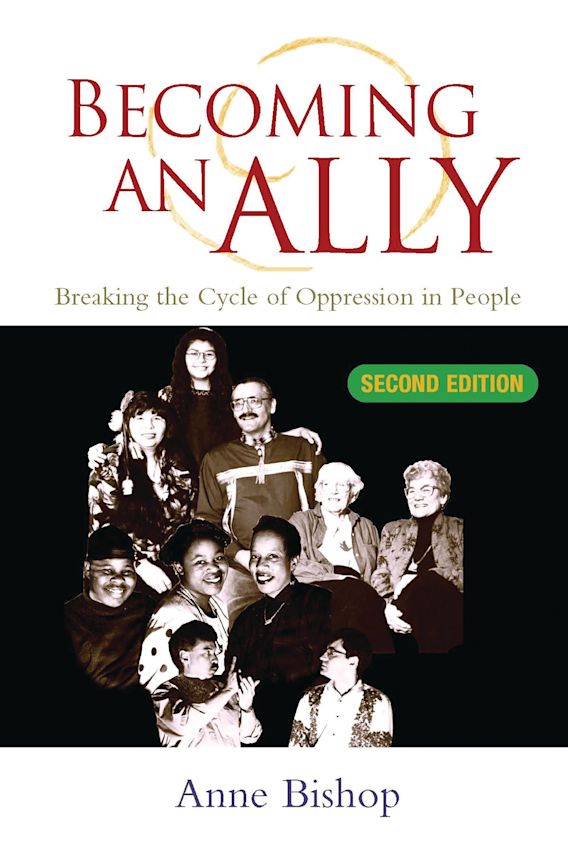

Learning a new language also means a willingness to make mistakes. Our sensitivity deepens to the way group power dynamics affect members of oppressed groups.

As with the learning a new language, learning to be an ally changes the way we view the world around us. Linguists argue that the language we use to talk about the world shapes our perceptions of it ( read more on this linguistic theory). In understanding what it means to be an ally, learning a new language can be a useful analogy. But we’ve learned that living out of this analysis, which we’ll call being an ally, is much harder. Its quite possible to be part of dominant culture in one part of your life and not in another as is the case for black men or white women.īoth of us (Mark and Tim) have spent time looking at the way we as straight, white men are complicit in a living legacy of racism, sexism and heterosexism. We will use the term dominant culture throughout this article to refer to all those whom systemic opression gives unearned privileges. Guyton uses the term dominant culture to refer to white people, but it can just as easily refer to men, straight people or those of us who are able bodied. I’m sorry, Hispanic people.” And what will we, the people of color, be doing? Standing there with big ole’ Amos ‘n Andy grins on our faces trying to look appreciative? Been there and done that many times in Mennonite Church USA. There is going to be a bunch of processing, some hymn singing, a couple of meetings, then someone from the dominant culture is going to stand on stage and say, “I’m sorry, black people. The dominant culture (“white folks”) is dreaming up some big plan just to make themselves feel good. In an article for this month’s Mennonite, Glen Alexander Guyton points out the scenario that plays itself out with sad regularity when white Mennonites rumble in with good intentions in one hand and a large dose of guilt in the other: Stutzman concludes the article with a commitment to “walk alongside our Native American brothers and sisters as they seek God’s way for their future.” What does this mean, exactly? What does it look like to take the the tragic knowledge of history of oppression and the analysis of how this oppression continues and do something to make a difference? In other words, he knows that oppression is bad and that he as part of the dominant group, is complicit in it.

He shares the effect this had on him personally.

He acknowledges the deep trauma these communities have experience. He clearly describes the way white settlers’ sense of manifest destiny led to the clearing of the Cheyenne and other groups from their land. In July, Mennonite Church USA executive director Ervin Stutzman blogged some reflections on his visit with Mennonites from various Native groups in Ashland, Montana.


 0 kommentar(er)
0 kommentar(er)
